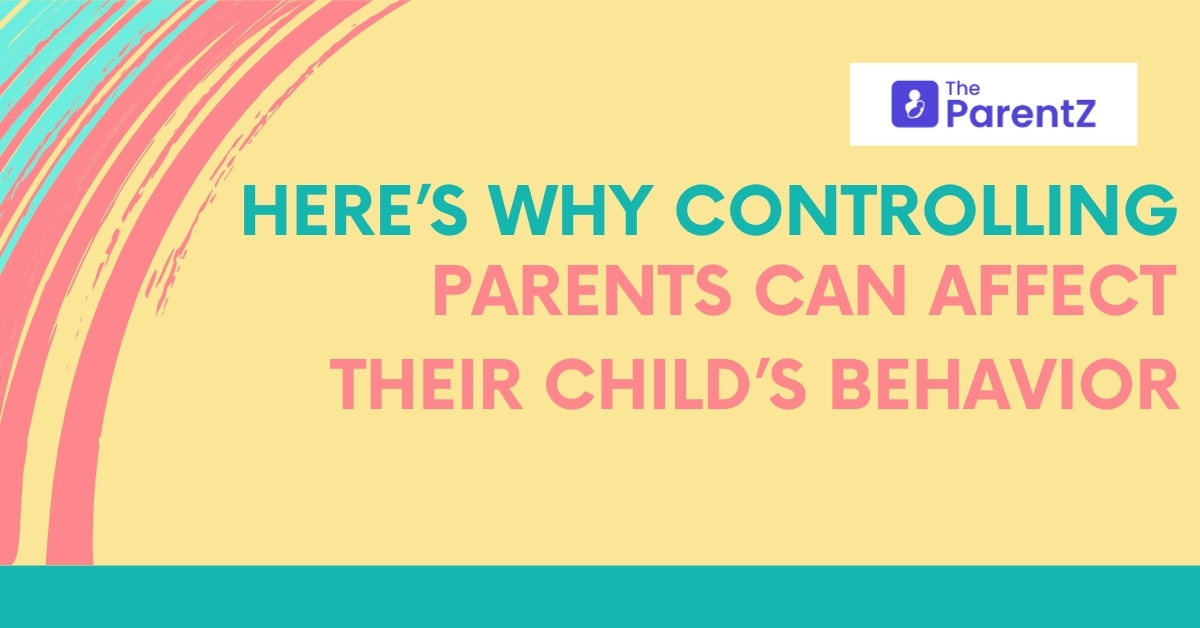According to a recent study, kids who had over controlling parents lack behind when it comes to decision making, independence, and overall development in comparison to kids who had understanding parents.
Often, parents think that it’s their kids’ responsibility to agree to everything they ask for. But this is where most parents fail to realize that by showing their assertiveness, they’re making their kids feel inferior and that they do not trust their kid’s decisions.
Read this article to find out how badly can parent’s controlling nature affect their child’s behaviour and development.
Influencing Decision-Making and Independence
Controlling parents significantly affect their child’s behavior when it comes to decision-making and sense of independence. Kids of such parents often struggle to develop the confidence needed for making independent choices. Consistent parental intervention can lead to a limited sense of autonomy, conditioning children to seek approval even for making minor decisions. This lasting impact can result in adults who question themselves, find it hard to trust their instincts, and excessively rely on validation from others.
Effect on Self-Esteem and Self-Worth
Controlling parents also profoundly shape their child’s self-esteem and self-worth. Growing up in an environment where parents consistently impose their views and expectations can lead children to internalize the notion that their thoughts and feelings lack validity. Consequently, their own perceptions and desires can be overshadowed by parental demands, resulting in diminished self-worth. Over time, this can lead to self-doubt, with individuals constantly seeking affirmation from others to feel valued.
Development of Communication Issues
Effective communication is crucial for self-expression, conflict resolution, and healthy relationships. However, children raised in controlling environments may struggle to develop strong communication skills. In fact, the fear of rejection can discourage open expression of thoughts and emotions. As a result, they might become skilled at hiding their feelings or communicating directly with their family.
Submissiveness
Controlling parenting may often prompt some kids to rebel against strict constraints that might be in contrast with their parents’ wishes. Conversely, some children become excessively submissive, adhering unquestioningly to parental demands due to a fear of punishment or rejection. In the end, both have a negative consequence on the parent-child relationship.
Anxiety and Perfectionism
Pressure to meet high parental expectations can foster anxiety and perfectionism in children. Such children may internalize the belief that any mistake or failure is unacceptable. Some kids also feel that their failure might disappoint their parents. This, in turn, can drive them to pursue perfection relentlessly that might end up straining them.
Impact on Social Relationships
The influence of controlling parenting extends beyond parent-child dynamics and shapes children’s interactions with peers and others. Children accustomed to parental dictates often struggle to assert themselves in friendships and romantic relationships. They may encounter difficulty in managing conflicts or finding middle ground due to a lack of opportunity to develop these skills within their family environment.





Be the first one to comment on this story.